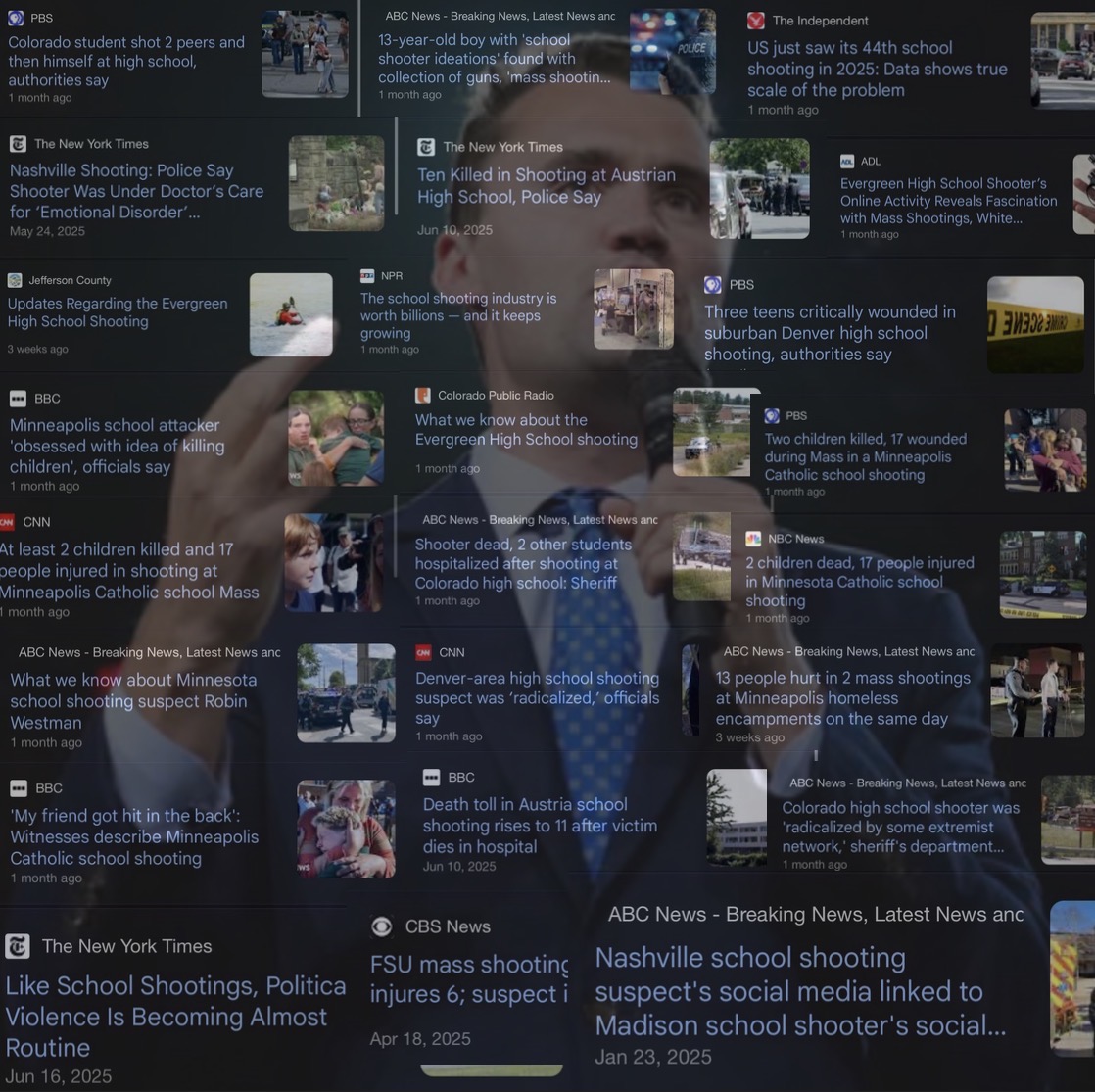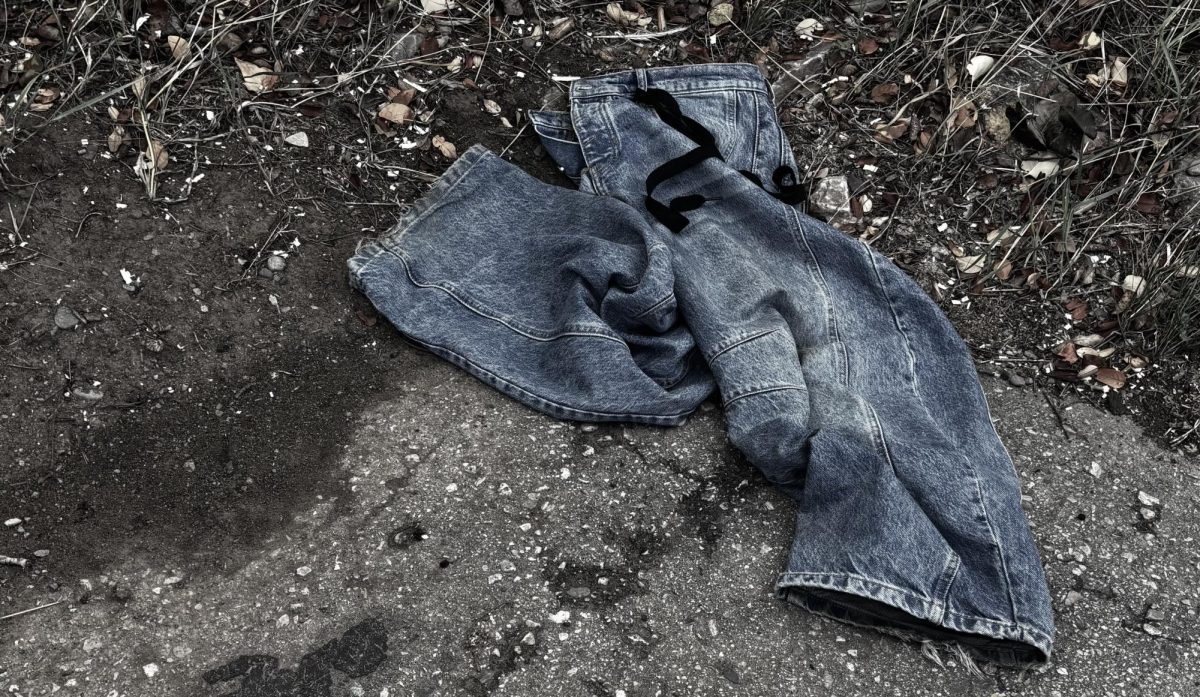The Hulu docuseries “Devil in the Family: the fall of Ruby Franke” offers a look into the life of Ruby Franke, who was once celebrated as a model mother through her popular YouTube channel “8 Passengers.” The series unravels the facade of familial bliss that Franke projected to her millions of subscribers, revealing a disturbing narrative of severe child abuse and manipulation.
Through candid interviews with Franke’s estranged husband, Kevin, and their oldest children Shari and Chad, the documentary provides first hand accounts of the psychological and physical torment endured within the household. It also examines the detrimental influences of Franke’s business partner Jodi Hildenbrant, whose radical counseling methods exacerbated the family’s dysfunction. Their testimonies expose the trauma they endured under Franke’s rigid parenting methods, which became more extreme after her involvement with Hildenbrant. They showed disturbing never-before-seen footage and social media clips to further highlight the warning signs that many viewers overlooked while 8 Passengers was at its peak.
One of the most unsettling aspects of the documentary is how long the abuse went unnoticed, despite being broadcast to millions. Franke’s harsh parenting tactics such as withholding food, forcing children to sleep on the floor, and publicly shaming them were excused by many as “tough love.” The documentary explores how social media culture fosters a level of detachment, where audiences consume content passively without questioning the ethical implications. It raises an important conversation about the responsibility of viewers, platforms, and even brands that profit from influencers like Franke.
The involvement of Hildebrant adds another disturbing layer to the story. Her life-coaching business, Connexions, promoted extreme ideology that justified emotional isolation and control as forms of self improvement. Connexions also implemented religious aspects in a unique way allowing a cult-like atmosphere to form. Members of Connexions saw Hildnbrant as their savior; instead of turning to God for forgiveness they would turn to Hildenbrant, as they saw her as a direct prophet from God. Franke’s embrace of Hildentbrant’s teachings deepened the abuse, showing how manipulative figures can exploit vulnerable individuals, especially parents seeking validation for their extreme methods. Devil in the Family makes it clear that the Franke children were not just victims of one person’s actions but a system of toxicity built on unchecked influence and cult-like mentality.
Critics have praised the docuseries for its portrayal of the dark side of family vlogging. The Guardian described it as “truly jaw dropping,” highlighting its ability to dissect the unravelling of a seemingly perfect family life. Similarly, the Atlantic emphasized how the pursuit of online fame can come at the expense of children’s well being.
“Devil in the Family” serves as a cautionary tale about the dangers of monetizing family life and the unchecked power that influencers can wield over their followers. It forces viewers to reconsider the ethical implications of consuming family vlogs, especially those involving children who have no say in their public exposure. This series is a must-watch for true-crime fans, parents, and anyone concerned about the blurred boundaries between online entertainment and real-life consequences.





